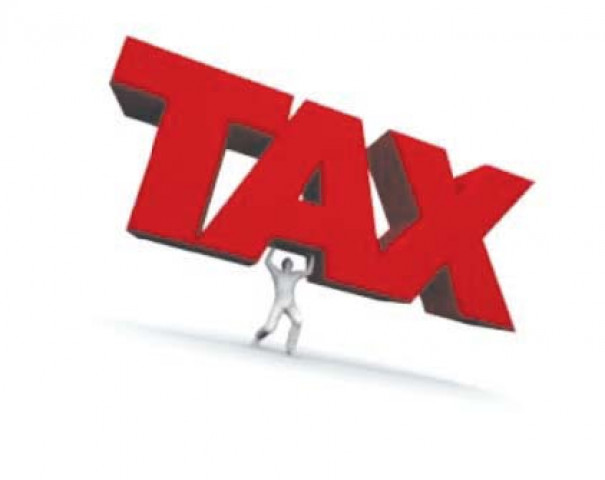Reformed GST: deal in sight
Govt promises to pick up losses incurred by any province that shows flexibility.

Reformed GST: deal in sight
Reformed GST promises withdrawal of tax exemptions and a levy of 17 per cent tax on all services. The provincial finance ministers are meeting on Monday under federal Finance Minister Dr Abdul Hafeez Shaikh in a bid to reach an agreement over the implementation of the tax.
Sources in the finance ministry told The Express Tribune that the federal government has indicated that it may pick up Rs8-10 billion losses, being incurred by either Sindh or Punjab, whichever would compromise on its tax on services distribution formula.
This would be the second time that Islamabad has shown a big heart. The 7th National Finance Commission Award was only made possible when the then Finance Minister Shaukat Tarin agreed to pay arrears to Balochistan and Khyber-Pakhtunkhwa and possible losses amounting to Rs6 billion annually to Sindh when it agreed to be flexible on tax on goods distribution.
Pakistan is bound to impose the reformed tax from October . Any further delay may halt the flow of international financial assistance.
The Punjab government insists that the tax distribution should be on the basis of just one criteria, population, which was rendered redundant by the latest National Finance Commission Order. Sindh has conversely presented a different formula, stipulating multiple criteria by virtue of which Punjab would get 50 per cent of the tax collection, Sindh 44 per cent, Khyber-Pakhtunkhwa five per cent and Balochistan one per cent of taxes collected on services.
The sources said that Khyber-Pakhtunkhwa and Balochistan are demanding tax distribution on the basis of criteria agreed in the 7th National Finance Commission Award which not only gives weight to population but also to poverty, backwardness and resource generation. However, sources, said, smaller provinces may agree to any formula as they lack tax collection infrastructure.
The sources said the federal government has informally agreed to the constitutional stance of the Sindh government that tax on services is the right of provincial governments.
Sindh has, in turn, agreed to surrender four services to the centre – franchises, financial services, construction and advertising – to resolve the issue of refunds on certain inter-provincial services, but only for collection purposes.
According to the proposal, the tax being collected on these services would go to a separate pool and would be distributed on the basis of formulas presented by either Sindh or Punjab. The centre would deduct one per cent of the collected amount as collection charges.
Sindh would collect taxes on the remaining services and where a refund adjustment is required, the federal government would pay other provinces on behalf of Sindh. As far as the other three provinces are concerned, the centre would collect tax on all services on their behalf. The collection right would revert to provinces as soon as they develop the gathering capacity.
Initially, the government and the IMF argued that without an integrated VAT or the reformed GST, sales tax collection on goods and services by a single agency, the projected outcome cannot be achieved. Any agreement to give the collection of the remaining services to Sindh would be a departure from that stand. If the parties concerned managed to evolve a consensus at the committee level, Prime Minister Yousaf Raza Gilani will be requested to convene a meeting of the four chief ministers to sign the deal.
Published in The Express Tribune, September 27th, 2010.





1733130350-0/Untitled-design-(76)1733130350-0-208x130.webp)











COMMENTS
Comments are moderated and generally will be posted if they are on-topic and not abusive.
For more information, please see our Comments FAQ